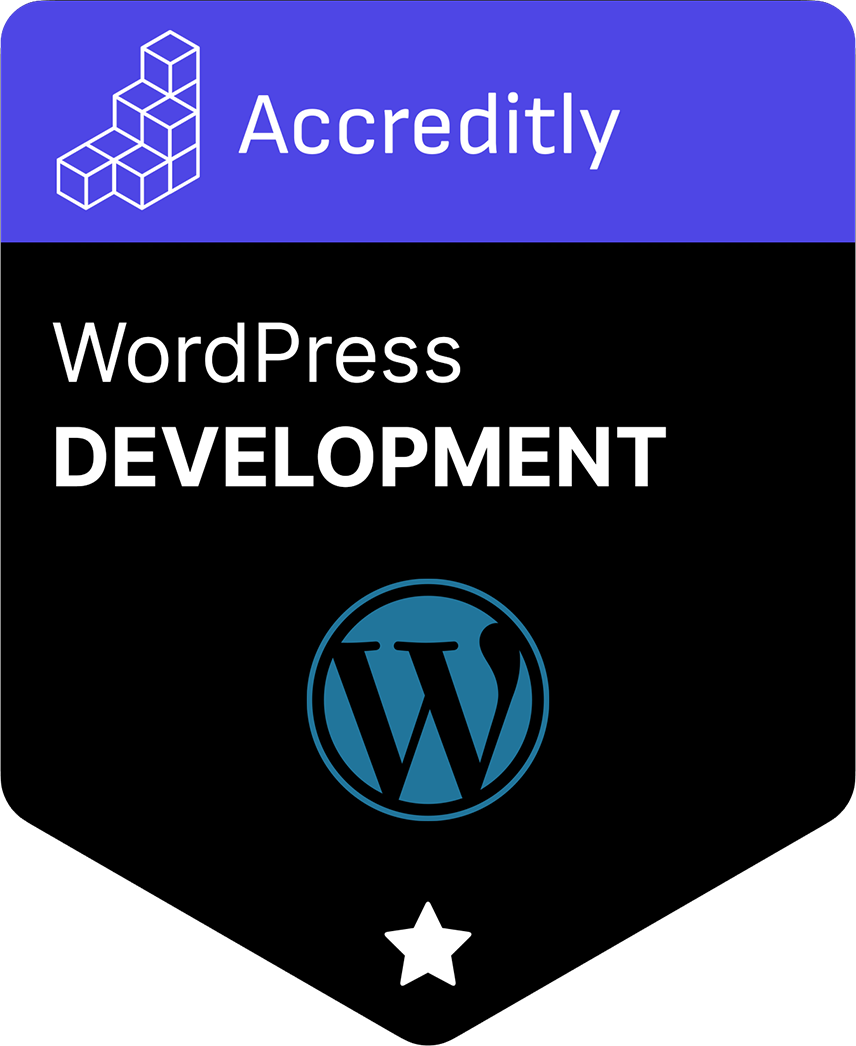- Understanding Database Collation
- The Go-To Collation for WordPress
- Why Choose utf8mb4_unicode_ci
- Using utf8mb4_unicode_ci in WordPress
- Converting Existing Databases
- Compatibility Considerations
When setting up a WordPress website, one critical aspect that often goes unnoticed is the choice of database collation. The database collation determines how the database sorts and compares characters. Choosing the right collation is essential for efficient data retrieval and storage, especially for websites with multi-language content. Let’s delve into what database collation is and how to select the best one for your WordPress site.
Understanding Database Collation
Database collation refers to a set of rules that define how character data is sorted and compared in a database. It encompasses character encoding, sorting rules, and case sensitivity. The choice of collation impacts not only how text is stored and retrieved but also how it behaves in queries and comparisons.
The Go-To Collation for WordPress
For most WordPress installations, the recommended collation is utf8mb4_unicode_ci. This collation supports a wide range of characters and is compatible with the four-byte UTF-8 encoding introduced in MySQL 5.5.3. This encoding is crucial for storing ‘exotic’ characters and emojis.
Why Choose utf8mb4_unicode_ci
-
Wide Character Support:
utf8mb4_unicode_cioffers support for a vast array of characters, including special and multi-byte characters like emojis. -
Case Insensitivity: The ‘ci’ in
utf8mb4_unicode_cistands for case-insensitive, making it ideal for most applications where uppercase and lowercase characters should be treated as equal. -
Unicode Support: It ensures proper handling and storage of characters from virtually all languages, making it a versatile choice for international sites.
Using utf8mb4_unicode_ci in WordPress
When you install WordPress, it will typically set your database tables to use utf8mb4_unicode_ci by default, provided your MySQL server supports it. If you are manually creating a database for WordPress, ensure to choose utf8mb4_unicode_ci as the collation.
Converting Existing Databases
If you have an older WordPress site, your database might still be using an outdated collation like utf8_general_ci. Converting to utf8mb4_unicode_ci can be beneficial:
-
Backup Your Database: Always start with a full backup of your database.
-
Convert Tables: You can convert tables to
utf8mb4_unicode_ciusing a query or tools like phpMyAdmin. WordPress also includes a feature to convert tables through the admin dashboard under “Tools” > “Site Health” > “Info”.
Compatibility Considerations
Before switching collations, consider the following:
-
MySQL Version: Ensure your MySQL version is at least 5.5.3, as earlier versions do not support
utf8mb4. -
PHP Version: Similarly, ensure your PHP version is compatible with your MySQL version and WordPress requirements.
-
Plugin/Theme Compatibility: Check that your plugins and themes are compatible with
utf8mb4, which most are.
Selecting the right database collation is a critical step in setting up a WordPress site. For most users, utf8mb4_unicode_ci offers the best balance of compatibility, flexibility, and performance. By understanding and implementing the appropriate collation, you ensure that your WordPress site is optimized for a global audience and future-proofed for evolving web standards.
Interested in proving your knowledge of this topic? Take the WordPress Development certification.
WordPress Development
Covering all aspects of WordPress web development, from theme development, plugin development, server set up and configuration and optimisation.
$99



